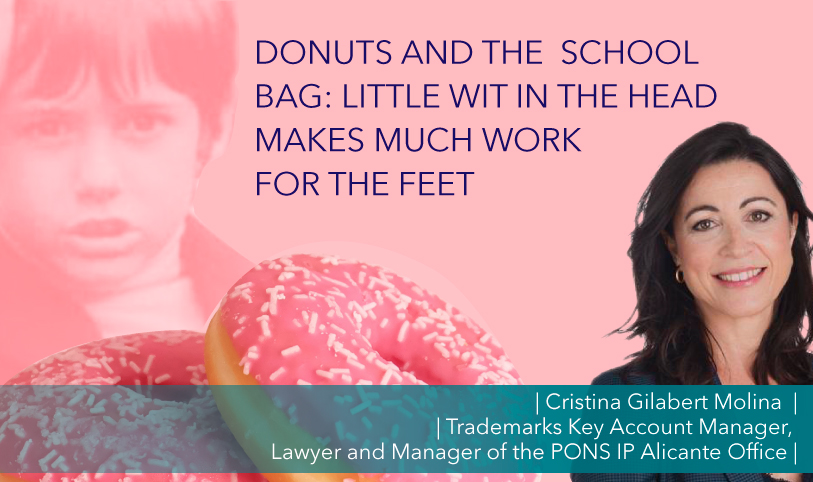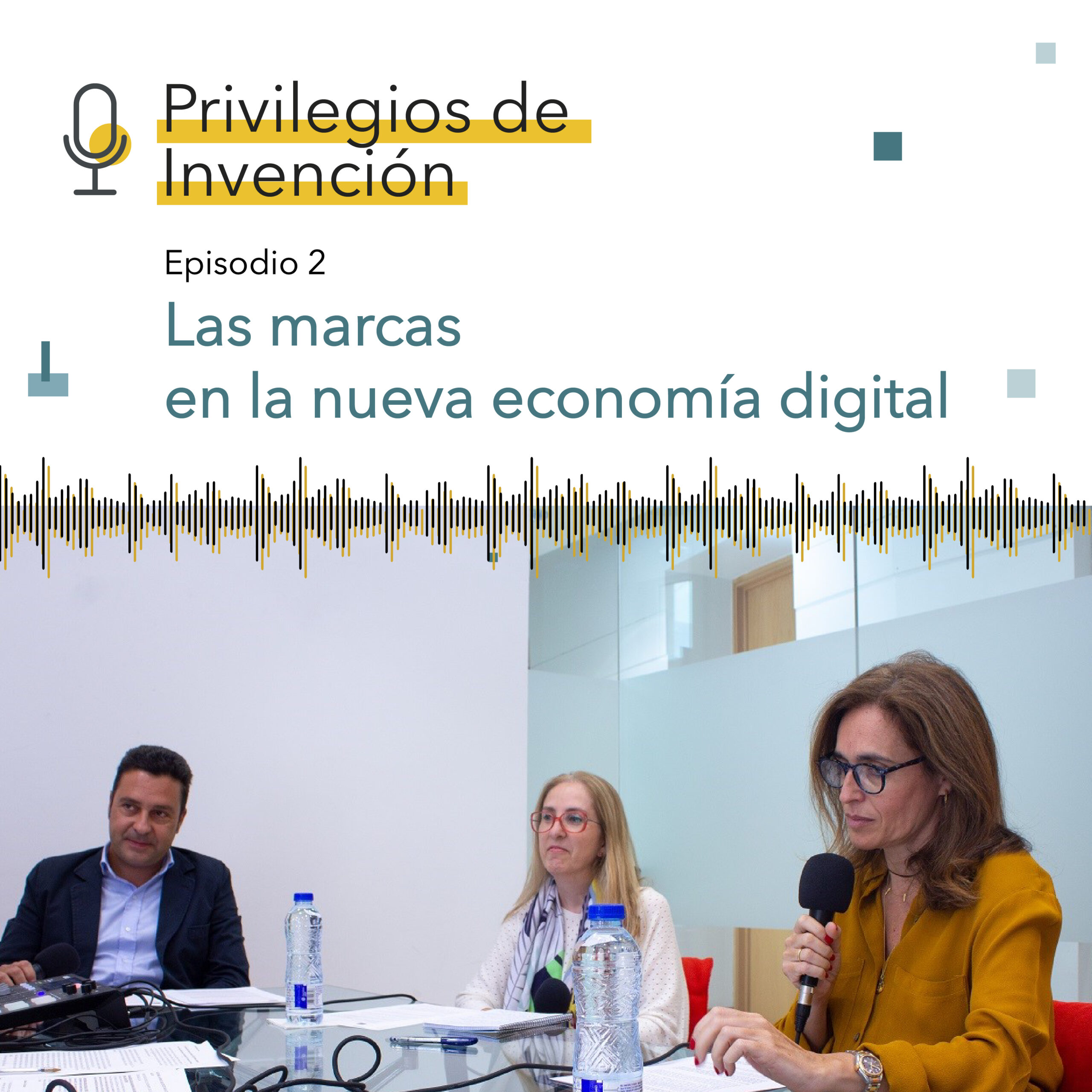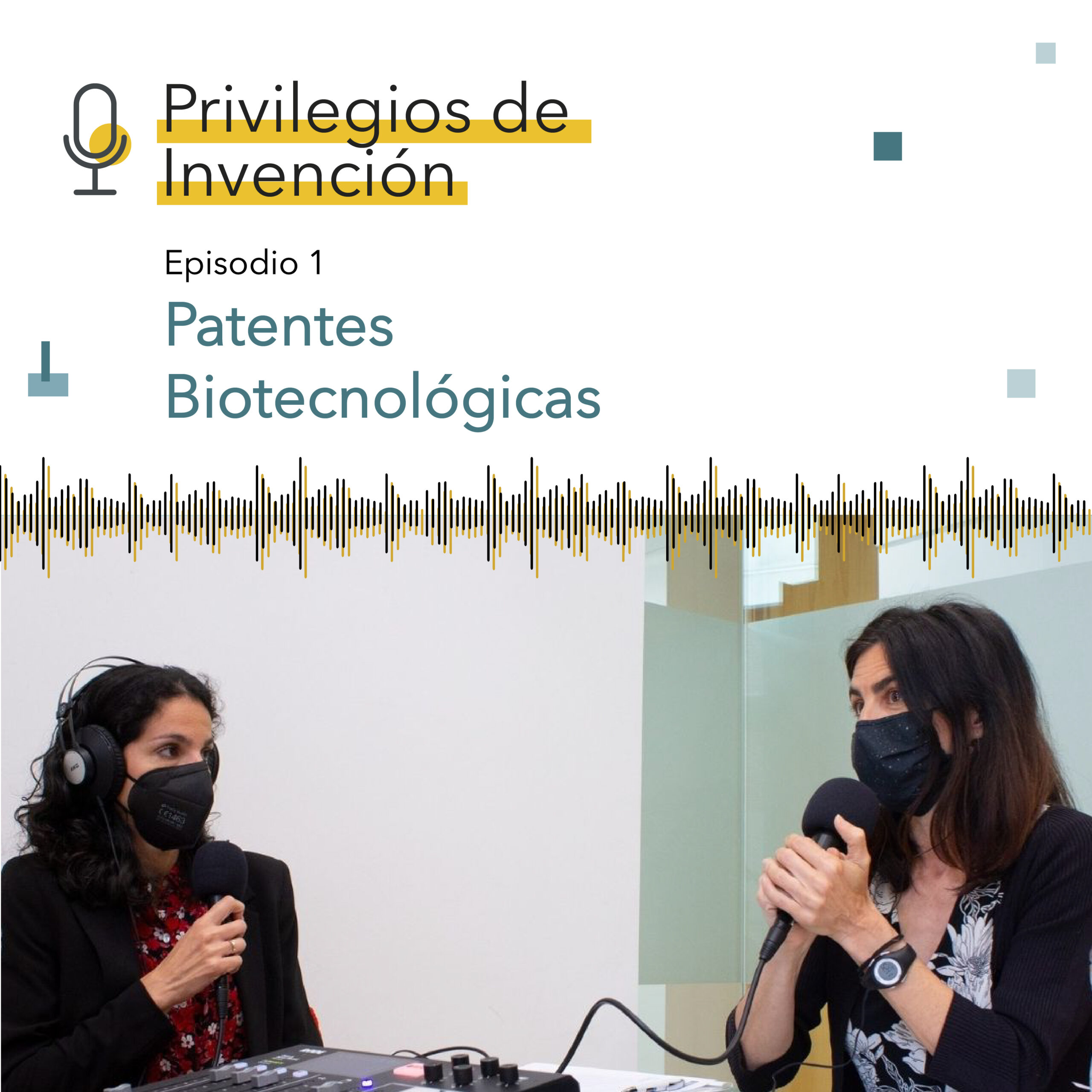Many will remember that 70’s TV commercial, where a kid is on his way to school and realizes he had forgotten his lunch… and something else: ‘the donuts!…and the wallet!.’
Well, Bimbo (which acquired Panrico) won’t forget that, on 1 September 2021, the EU General Court’s ruling T-697/20, dismissed the company’s appeal against the EUIPO’s decision that granted the registration of the EU ‘Donas Dulcesol’ trademark. Let’s add some context:
In June 2018, the Valencian company Hijos de Antonio Juan, S.L. (currently Vicky Foods) applied to the European Union Intellectual Property Office (EUIPO) for registration of DONAS DULCESOL for various food products included in classes 29 and 30 of the International Classification for trademark registration, including pastry and confectionery products; buns; cookies; brioches and cakes.
Three months later, in September 2018, Bimbo Donuts Iberia, S.A., (then Bakery Donuts Iberia, S. A) opposed the registration of all the products on the basis that they were used for its earlier Spanish trademark DONAS, which includes the following products: purées and dried pulses; bakery products, flours, cereals, semolina and tapiocas included in this class, starch for food use, malt, pasta, rice and yeast.
In January 2020, the EUIPO rejected the opposition in its entirety on the grounds that Bimbo Donuts Iberia had failed to prove genuine use of the Spanish trademark DONAS for the goods on which the opposition was based. Bimbo appealed to the EUIPO, which dismissed the appeal, confirming that no evidence of genuine use of the DONAS trademark for the products for which it was registered was provided.
While acknowledging that genuine use had been demonstrated for ‘sponge ball-shaped pastries, glazed or chocolate-coated’, the EUIPO rejected Bimbo’s allegations to be considered as ‘bakery products’ and ‘pasta’, which were included in the previous DONAS trademark. The EUIPO noted that ‘bakery products’ designates ‘regular bread’ and ‘special bread’, and that there is a clear distinction between those products and buns or bakery products, even though they are manufactured in a similar way. On the other hand, ‘pasta’ refers to the well-known products of Italian cuisine such as spaghetti, tagliatelle, penne and farfalle, and does not include the products for which the previous DONAS trademark had been used. Bimbo Donuts Iberia appealed the EUIPO’s ruling to the General Court, which has now given its own. The Judgment confirms the arguments already used by the EUIPO, i.e., that Bimbo has only provided proof of use for sponge ball-shaped pastries, glazed or chocolate-coated, without these being considered as bakery products or pasta, the products for which the trademark was applied for.
The Board points out that, when interpreting the list of products and services in respect of which a previous trademark has been registered and for which proof of genuine use has been requested -in order to determine the scope of protection of that trademark and to resolve the question of its genuine use- it is necessary to do so as consistently as possible, having regard to its literal meaning and its grammatical construction, but also, in cases where the result can be absurd, to assess its context and the trademark owner’s actual intention as to its scope.
In that regard, the Board points out that the scope of protection of an EU trademark is always determined by reference to the proper and usual meaning of the terms chosen and, therefore, the term ‘bakery products’ must be interpreted in the light of those principles.
It also points out that the EUIPO’s Board of Appeals found that the first edition of the 1963 Nice Classification, in force at the time of the application for the previous trademark, took account of the difference between bread or bakery products and pastry goods, since that classification already had specific headings, namely ‘Pastry’, in Class 30, and ‘Bread’, in the same class, but Bimbo didn’t include ‘Pastry’ among the products for which it was applying for registration, although it could have done so.
Similarly, the Board does not consider that those buns can be regarded as pasta, another of the products covered by the Spanish trademark, since, if that expression is interpreted consistently and in context, taking account of its literal meaning and grammatical construction, it refers to the well-known products of Italian cuisine, not to pasta understood as cookies.
Accordingly, the Court insists that there was also no proof of genuine use in respect of some of the products covered by the trademark on which the opposition was based, as Bimbo claimed, since it could only be proved for sweet buns, which are not bakery products or pasta, and consequently there is no likelihood of confusion between the trademarks according to Article 8(1)(b) of Regulation 2017/100.
In short, and even though there is still the possibility of an appeal before the Court of Justice, the granting of the Donas Dulcesol trademark in favor of the Valencian company has been confirmed.
At the heart of this issue is the need for proper drafting of the list of products and services at the time of trademark application.
What led Bimbo not to include bakery products among those designated in its application? Was it ignorance, a mistake or perhaps fear that the Trademark Office would consider the term to be generic or descriptive for such products? Let’s not forget that the Donuts trademark is only registered as such in very few countries: Spain, Portugal, Algeria and Morocco. In the rest, it is a generic term to designate a bun with a hole in the middle.
Be that as it may, the truth is that cases like this show us the need for proper advice and approach to brand strategy in companies. It is not a matter of filling in a simple form, but of knowing how to do it in order to receive protection when we really need it, even if it is 54 years later and even more knowing that in opposition proceedings before the EUIPO and now also at the SPTO, the applicant for a trademark can ask their opponent for proof of use of their trademarks and, if the opponent cannot prove it, even request revocation due to lack of use.
In short, here are two pieces of advice: get the right advice when applying for trademarks and collect proof of use. Nowadays, there are legaltech tools that facilitate the creation of digital evidence, such as PONS IP – Safe Evidence.
Oh, and grab your wallet and your lunch before you leave the house because little wit in the head makes much work for the feet.
Cristina Gilabert | Trademarks Key Account Manager, Lawyer and Manager of the PONS IP Alicante Office.




